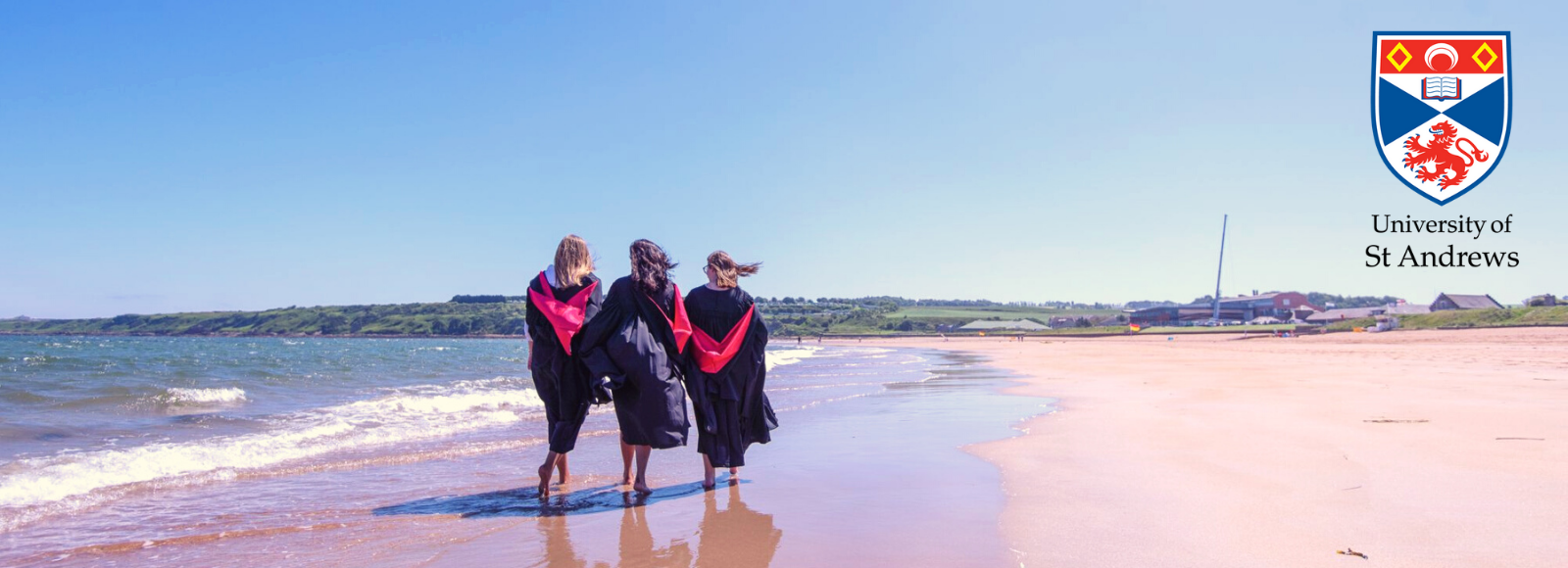- ...
Postgraduate Studentships - Search for funding opportunities.
Postgraduate Studentships - Search for funding opportunities.
The MSc in Animal Behaviour is a one-year taught programme run by the School of Biology. This programme has a distinct focus on the theoretical, experimental design-based, analytical and technical approaches underpinning modern animal behaviour research.
A firstupper 2.1 (Honours) undergraduate degree in a biological science. Other sciencemathematics degrees may be acceptable. If you studied your first degree outside the UK, see the international entry requirements.
For fees and funding options, please visit website to find out more
This programme will provide a strong foundation for students wishing to further their studies (for example, MPhil or PhD) or those choosing to pursue careers in animal behaviour.
The Careers Centre offers one-to-one advice to all students as well as a programme of events to assist students in building their employability skills.
Compulsory
During Semester 1, students take two compulsory modules that provide sound training in essential skills for animal behaviour research.
In Semester 2, students take the following compulsory module:
Optional
You will also choose three of the following optional modules:
Optional modules are subject to change each year and require a minimum number of participants to be offered; some may only allow limited numbers of students (see the University’s position on curriculum development).
Research Project
Throughout the academic year, students complete a research project which will culminate in a written dissertation and presentation of a poster at the MSc student conference. Projects will be supervised by Biology staff but may be carried out with joint supervision from staff in other institutions. Students can choose from a range of projects suggested by supervisors and also take an active role in designing their own project plan.
A broad range of research into animal behaviour, ecology and evolution takes places within the Centre for Biological Diversity, and projects will be offered within many of these areas. Below are examples of some of the different topics currently studied within the Centre.
If students choose not to complete the dissertation requirement for the MSc, there are exit awards available that allow suitably qualified candidates to receive a Postgraduate Diploma. By choosing an exit award, you will finish your degree at the end of the second semester of study and receive a PGDip instead of an MSc.

Scotland’s first university, an experience like no other Masters programmes to help you find your future. Are you looking to earn an outstanding pos...
Sign up to Postgraduate Studentships
Sign up to compare masters
Thanks for making your selection. Click below to view your comparisons.